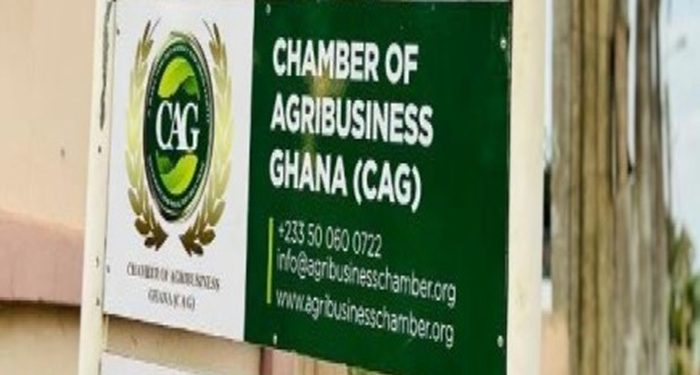President of the Chartered Institute of Taxation Ghana (CITG) has highlighted one aspect of the taxation regime that has been left unexplored for a while.
According to George Akwatia, as the government makes efforts towards raking in revenue for national development, it has to focus more on closing the tax gap.
Mr Akwatia believes that is the space that government must invest in as it has the potential to solve a chunk of the country’s revenue mobilisation problem.
“It is not about more taxes but it is rather an investment into making sure that we close the tax gap. And if we are able to do so for instance we should be able to double our tax revenues from the neighbourhoods of ¢180 million to the ¢250 and even more million cedis,” he said on Wednesday, August 30.
He was speaking on discussions on the causes and solutions to Ghana’s high tax system.
To buttress his point, George Akwatia made reference to a World Bank study in 2020 into Ghana’s tax gap.
At the time, between three key taxes – Import Duties and Corporate Tax and VAT – Ghana had a tax gap of about 20%.
Per his computations, “if you take 2021 GDP estimate of about $77.6 billion, if you work out that 20% on that 77.6 billion and you will translate it to a cedi equivalent depending on the exchange rate you use, we are talking about 155 to 270 billion as tax gap.”
“If you look at our total tax revenue as I’ve mentioned for the revised one for 2023, government is only looking at 108 billion while you have a tax gap of about 55 to 70 billion,” he explained.
It is on the back of these that the CITG boss believes imposing more taxes may not be the best way to go.
















